Right-angle gearboxes use rotation to transmit power at a 90-degree angle between the driveshaft and the output shaft. Many mechanical designs, such as car transmissions, use right-angle gearboxes. Gearboxes could have a ratio of 1:1 or a multiple of 1, like 2:1 or 15:1. When the ratio is 1:1, the drive is right-angled. Whenever the ratio exceeds 1:1, a right-angle speed reducer is used. Read More…
We offer premium speed reducers and motion control components. These deluxe parts are designed for a wide range of purposes and our engineers are willing to assist you with determining the best speed reducer.
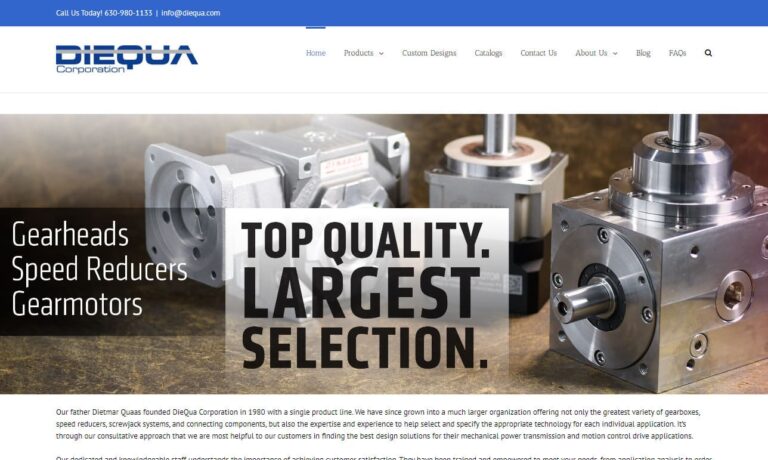
At Nordex, we are dedicated to delivering precision-engineered speed reducers and power transmission solutions that drive efficiency, reliability, and innovation across industries. With decades of expertise, we design and manufacture speed reducers that meet the highest standards of performance, enabling seamless integration into machinery and equipment that demand consistent output and long-term ...

At Winsmith, we take pride in being a trusted leader in the design and manufacturing of high-performance speed reducers that meet the evolving needs of industries worldwide. With decades of experience, we have refined our engineering expertise to deliver precision-driven power transmission solutions that enhance efficiency and reliability in even the most demanding environments.

At Matex Products, we pride ourselves on being a trusted name in motion control solutions, with a strong focus on precision-engineered speed reducers. For decades, we have been dedicated to designing and manufacturing high-quality components that help businesses across industries achieve smoother, more reliable performance in their machinery and automation systems.

More Right Angle Gear Box Manufacturers
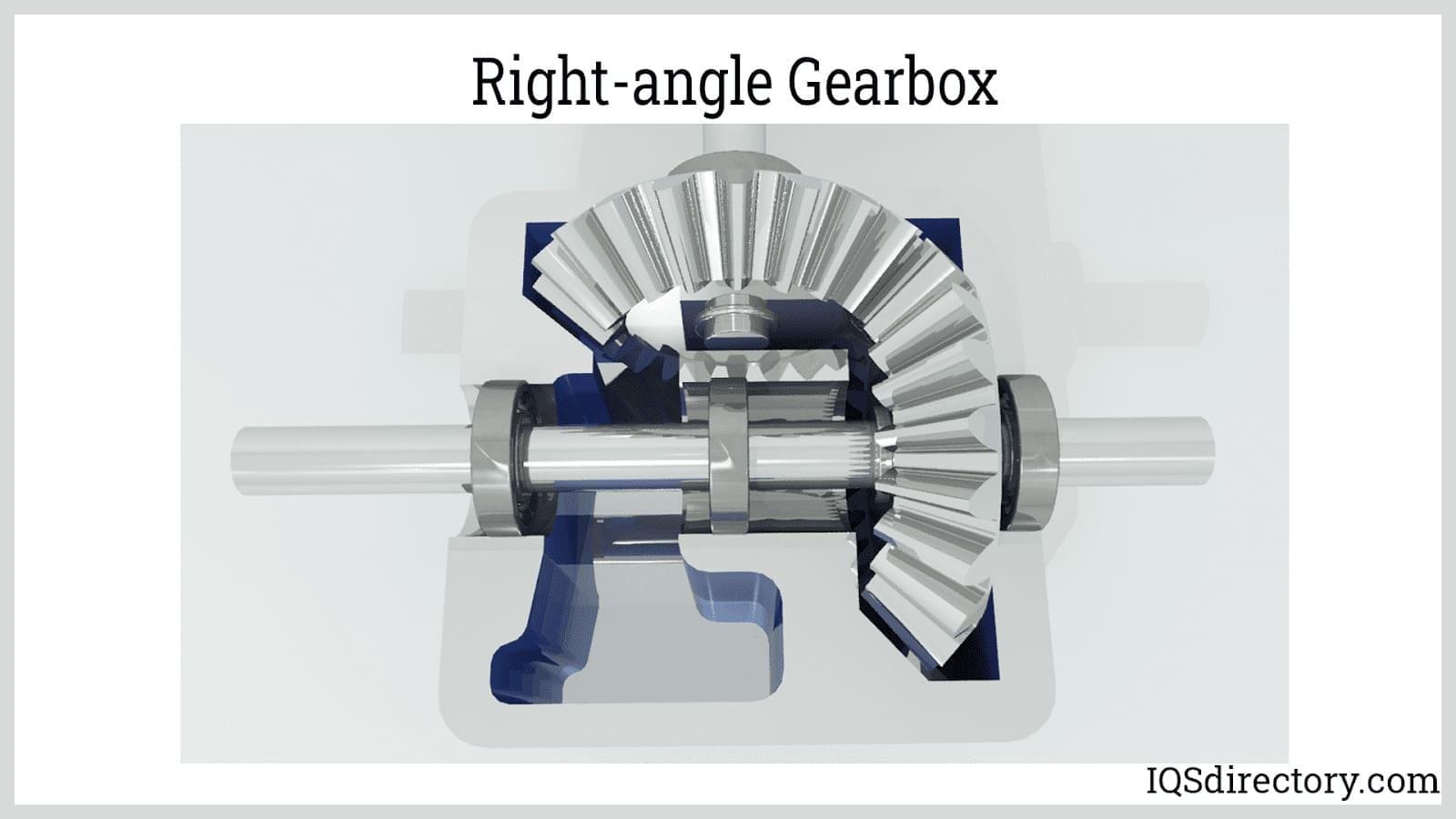
Types of Right Angle Gearboxes
Two-Way Right Angle Gearbox
Two shafts are positioned, so the power transmission creates a 90-degree turn in two-way right-angle gearboxes. As a result, right-angle drives are perfect for situations with limited space and where the driven equipment must be close to one another. In addition, the right-angle gearbox design enables smooth power transfer with less backlash and changes in axis rotation. As a result, power transmission is dependable using right-angle drives.
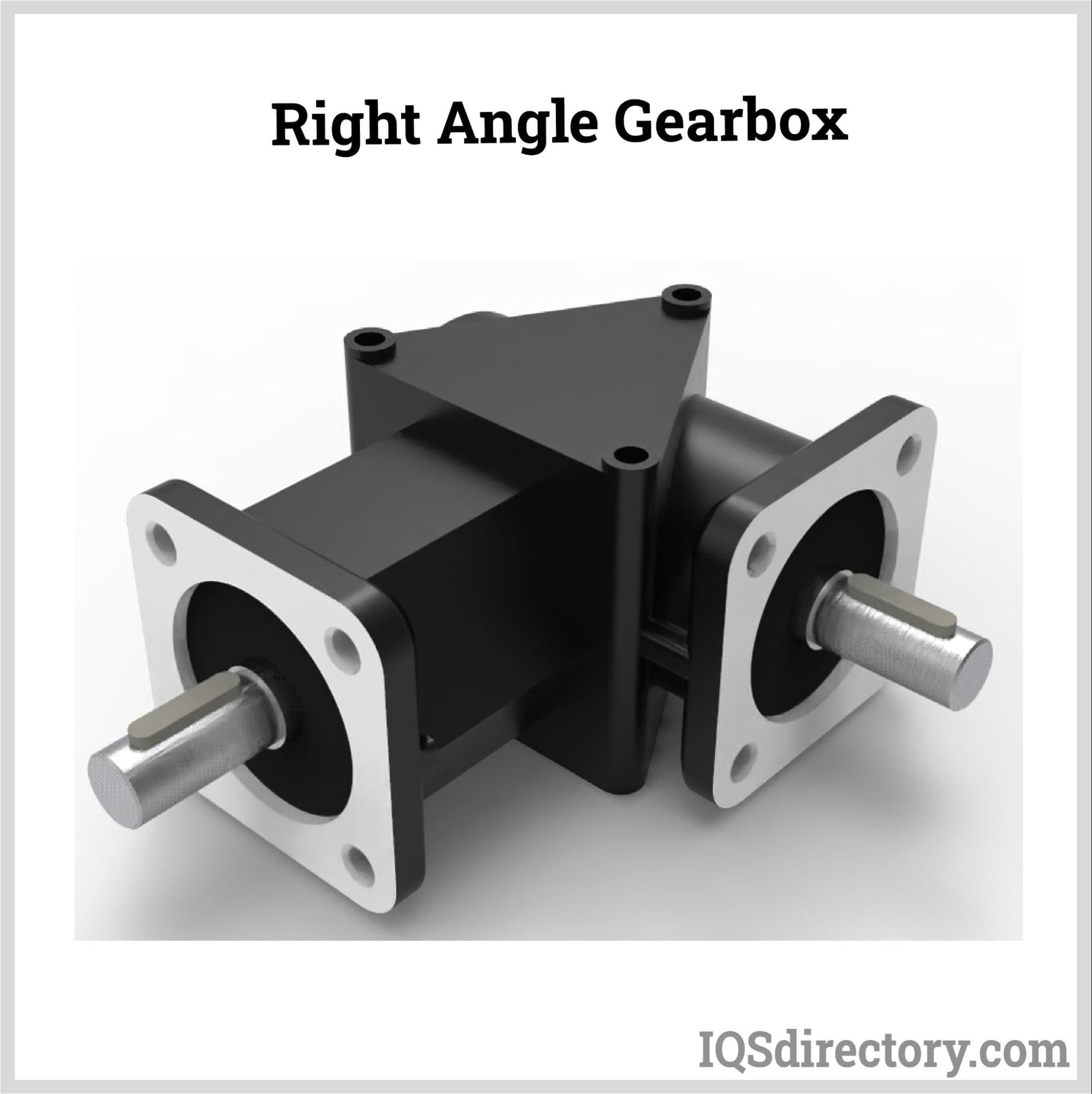
The two-way 90-degree drives use precisely crafted, hardened spiral bevel gears that rotate corrosion-resistant stainless steel shafts or plastic shafts to transfer power silently and smoothly. The enclosed casing of right-angle power transmission gearboxes ensures that the internal gears won't become misaligned, jam, or harmed by pollutants. In addition, the lightweight housing has excellent heat dissipation and strong strength.
Three-Way Right Angle Gearboxes
One input shaft and two output shafts make up three-way right-angle gearboxes, which provide simple 90-degree power transmission. This design enables smooth power transfer with less backlash and fluctuations in axis rotation. In addition, three-way right-angle gearboxes have long-lasting, maintenance-free spiral bevel gears that operate quietly for reliable speed or power transfer. Spiral bevel gears that have been hardened to AGMA Class 10 and non-magnetic stainless steel shafts are standard on gear motors.
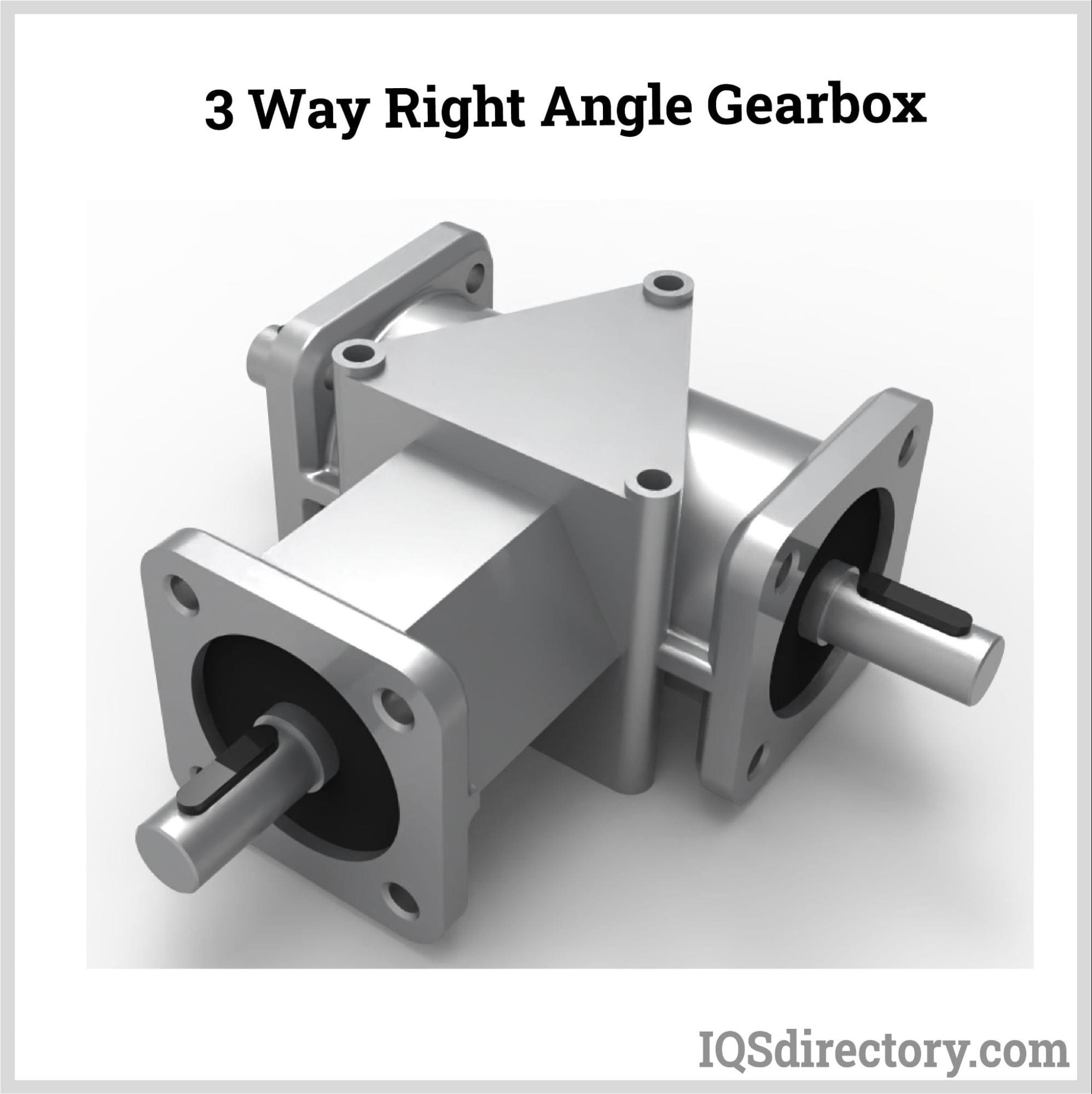
Counter-Rotating Right Angle Gearbox
Two output shafts are on the same axis in counter-rotating gearboxes, with one input shaft 90 degrees apart from both outputs. The two output shafts of a counter-rotating gearbox concurrently revolve in opposite directions, which makes for the perfect counterweight. In mechanical drive systems, a counterbalanced spinning gearbox helps dampen vibrations and adds to the stability.
Any power transmission application that wants to increase load efficiency and lessen wear on mechanical components should use counter rotating right-angle gearboxes. A gearbox's increased production, performance, and smoother operation are further advantages. In addition, changes in axis rotation are possible with the counter-rotating design, and backlash is kept to a minimum.
These speed reducers convey quiet, steady power through non-magnetic stainless steel shafts and reinforced spiral bevel gears. Furthermore, small and with a variety of mounting possibilities are counter-rotating gearboxes. The enclosed design prevents the internal gears from misaligning, jamming, or getting clogged with debris. The drives come in 1:1 and 2:1 ratios and have shafts that are 3/8", 1/2", 5/8", and 3/4" in diameter.
IP65-Rated Right Angle Gearbox
Include stainless steel shafts, shaft seals, nickel-plated cast aluminum housings, and especially created hardened spiral bevel gears. These units are perfect for applications requiring frequent washdowns, such as those in the food sector, and have been tested and verified for the IP65 classification by an independent laboratory. In addition, all models offer a lengthy, maintenance-free life because they are permanently lubricated with a high H1 food-grade grease.
Considerations When Choosing a Right Angle Gearbox
- Choose the ratio of input to output that you prefer. The usual ratios are 1 to 1 and 2 to 1. For example, shaft #2 can be used as the input shaft on 2:1 units for a step-up ratio of 1:2.
- Select the shafts that will serve as the input and output shafts. This stage is essential to establish that no shaft will rotate at a speed of more than 2000 RPM. For example, shaft #2 in the 2:1 ratio versions can turn at a maximum speed of 1000 RPM if that shaft is chosen as the input shaft. It doesn't matter in the 1:1 ratio models. The decision, in either instance, will have an impact on the mounting.
- Select the drive type. Either a 2-way or 3-way arrangement should be used.
- Choose a standard model and an IP65 ingress protection/nickel-plated model if necessary.
- Choose the appropriate model number. Be aware that units with 3/8-inch shafts have flats, whereas those with 1/2-, 5/8-, 3/4-, and 1-inch shafts have standard keyways when choosing a model number. Also, note that versions with 1-inch shafts are only available in three-way types.
- Ensure the output shaft produces more torque than the application's required load.
Choosing the Proper Right-Angled Gearbox Company
To make sure you have the most positive outcome when purchasing right-angled gearboxes from a right-angled gearbox company, it is important to compare at least 4 to 5 manufacturers using our right-angled gearbox directory. Each right-angled gearbox company has a business profile page that highlights their areas of experience and capabilities and a contact form to directly communicate with the manufacturer for more information or request a quote. Review each right-angled gearbox business website using our patented website previewer to get an idea of what each company specializes in, and then use our simple RFQ form to contact multiple right-angled gearbox companies with the same quote.

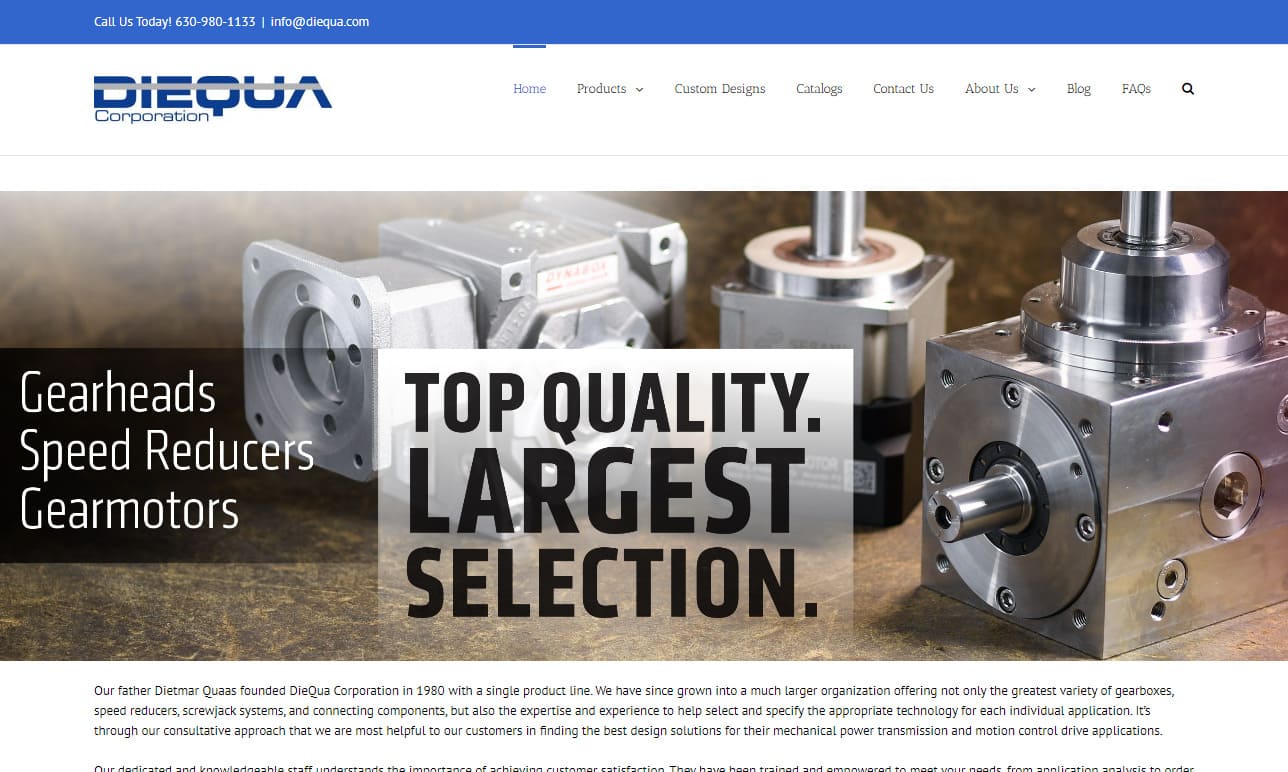




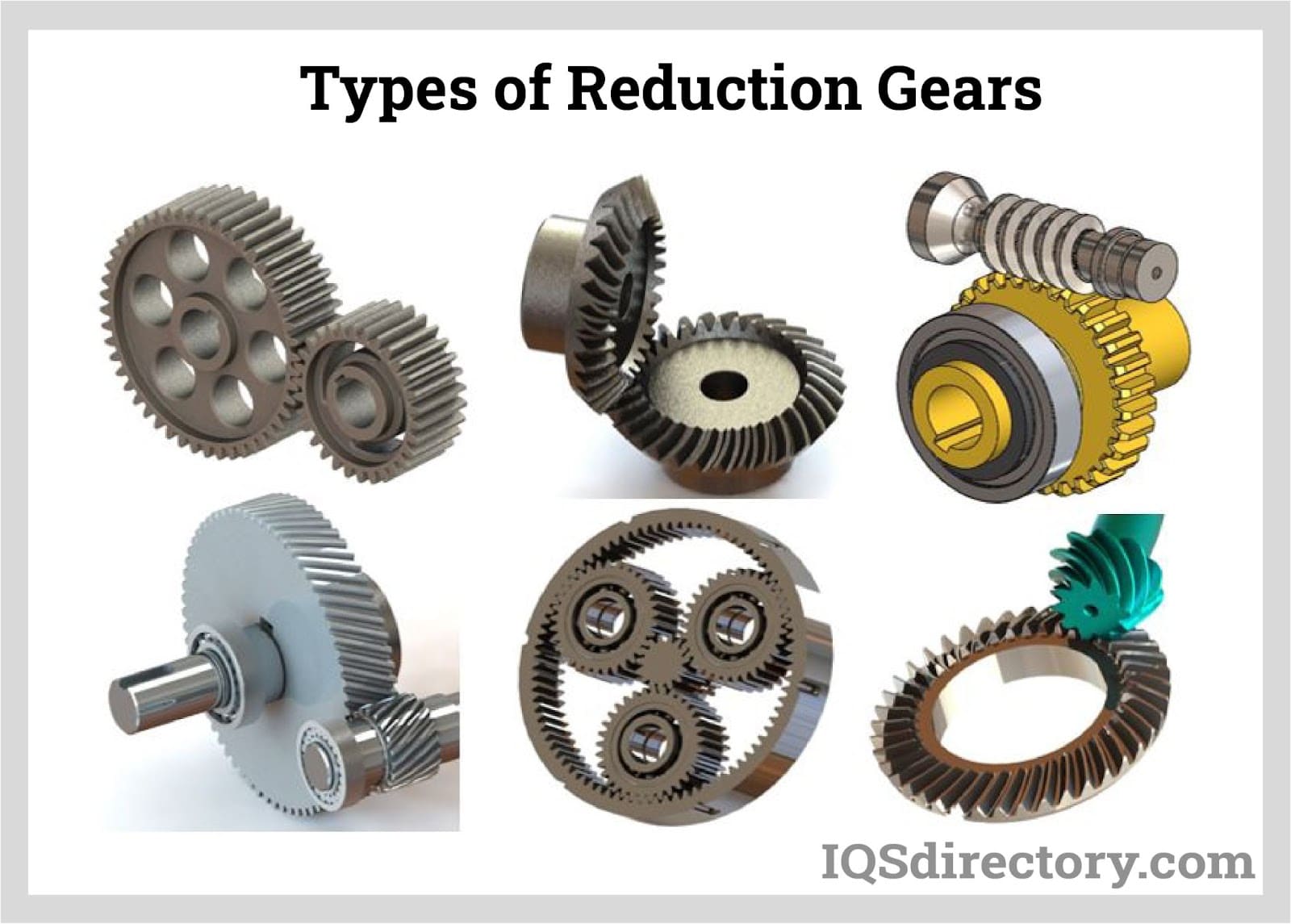
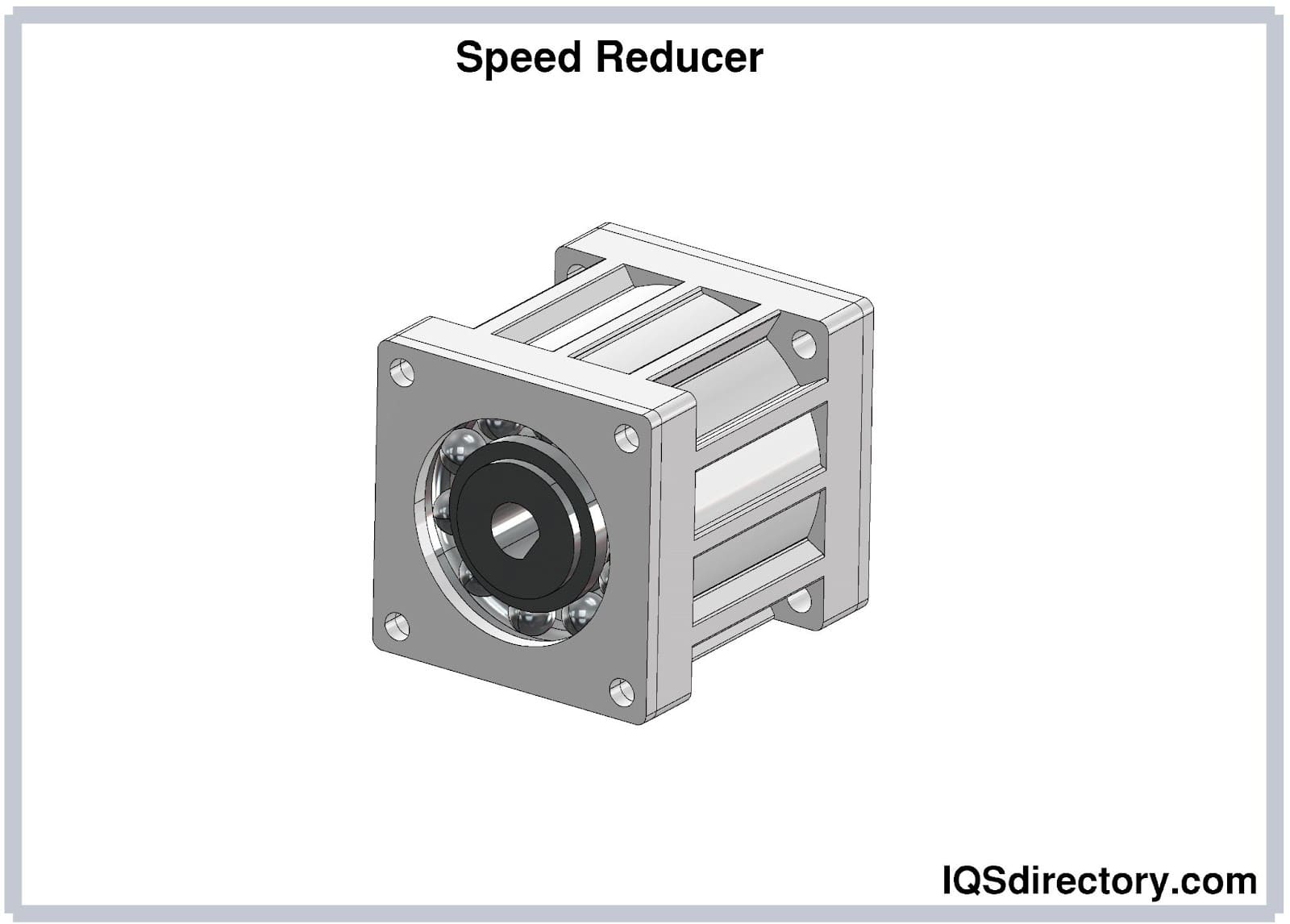
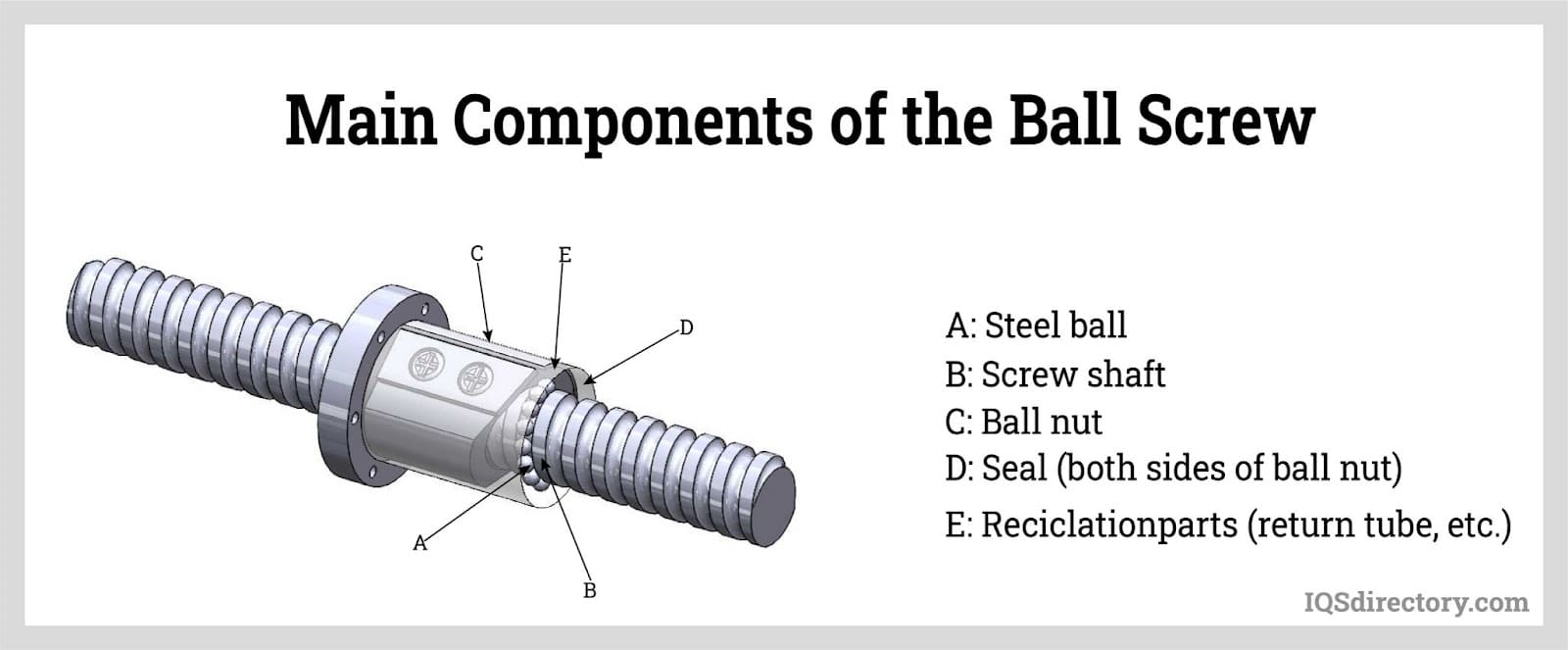
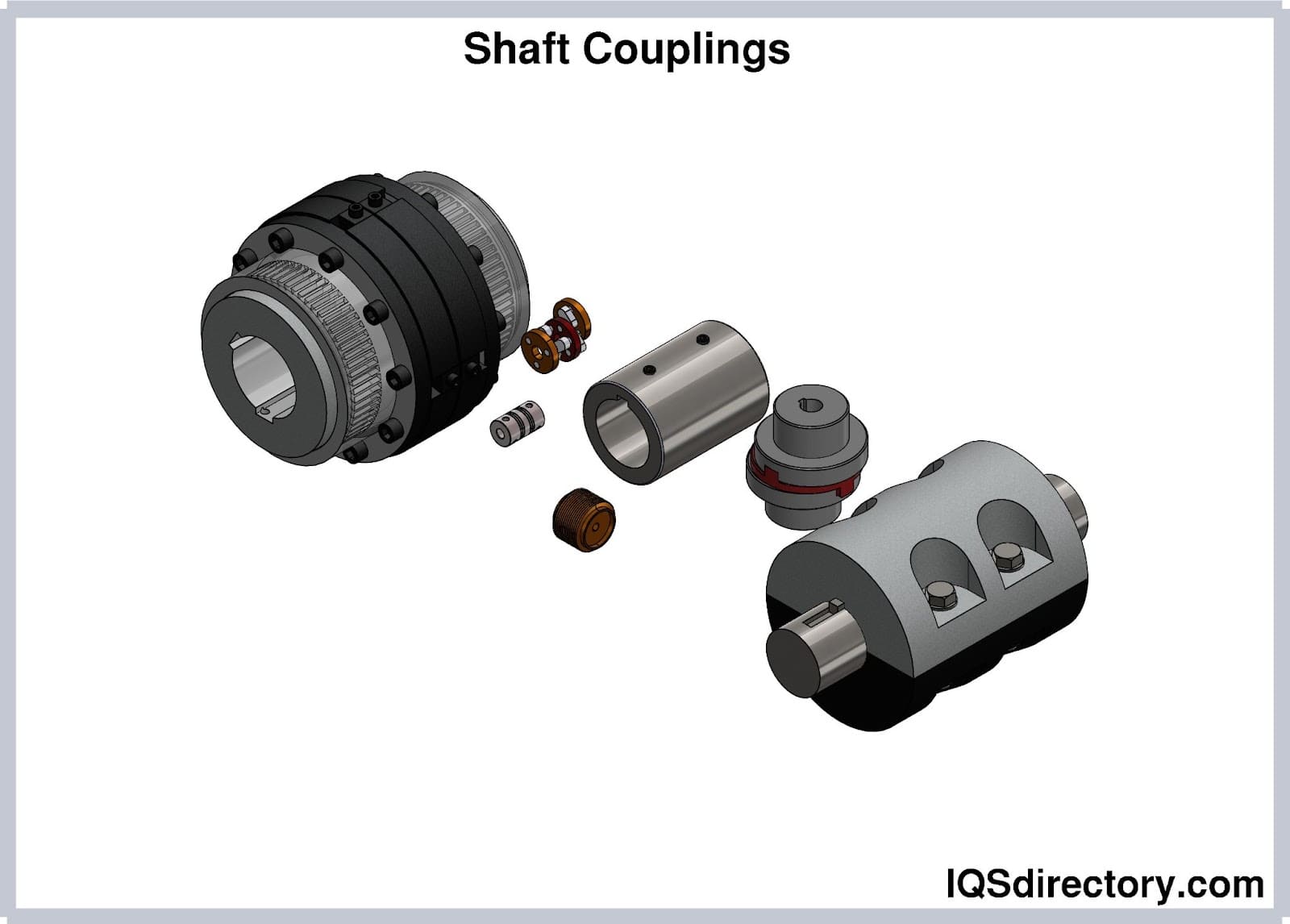
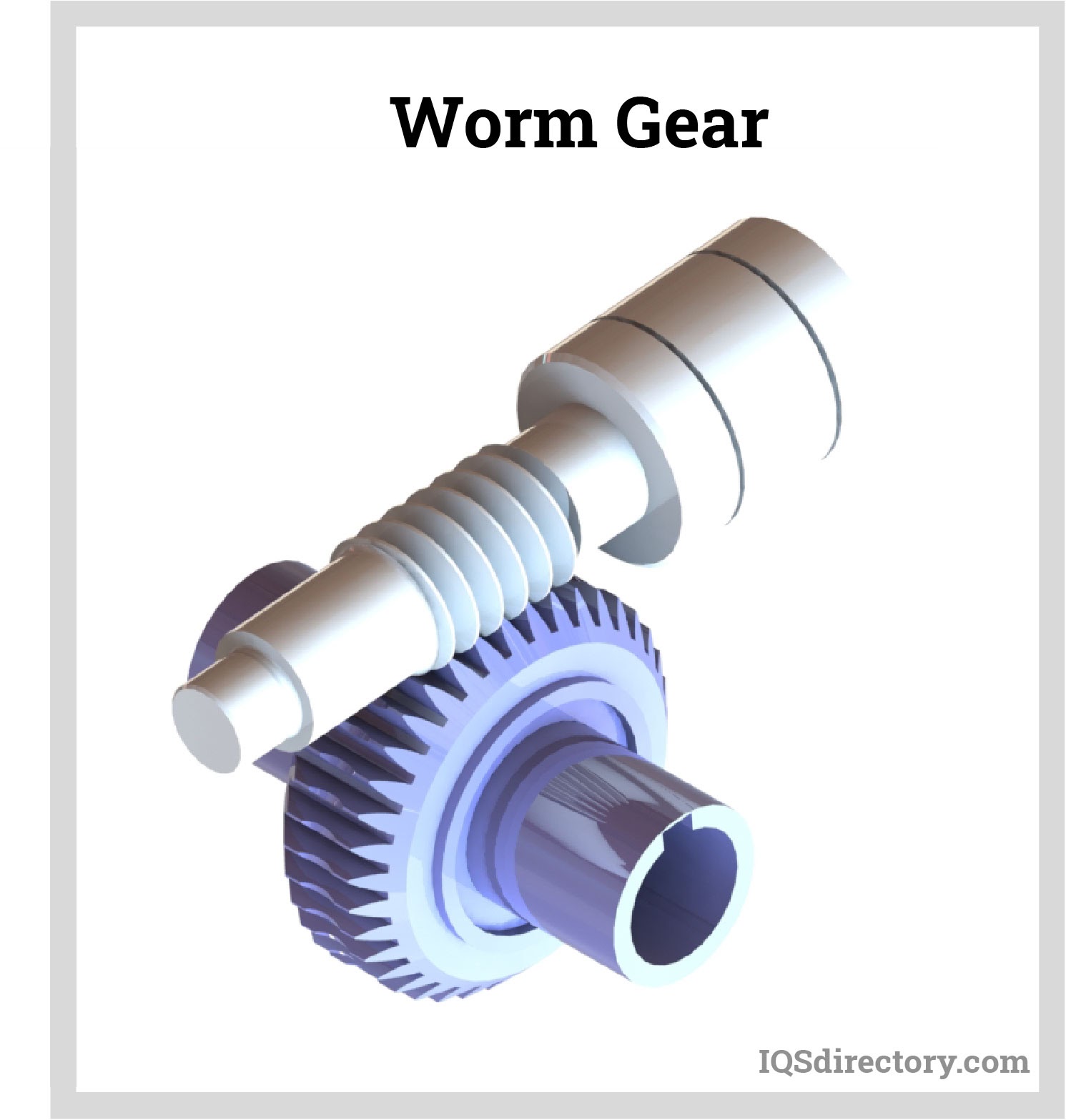
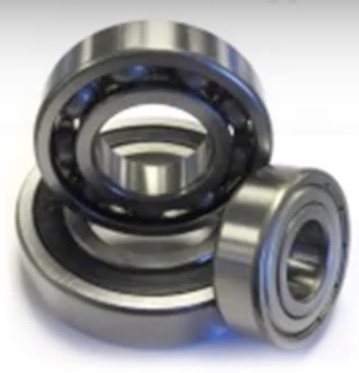 Ball Bearings
Ball Bearings Ball Screws
Ball Screws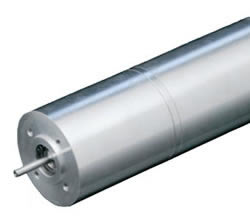 Electric Motors
Electric Motors Friction Materials
Friction Materials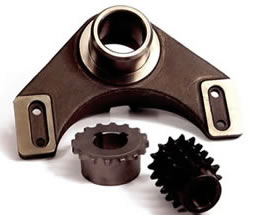 Gears
Gears Quick Release Couplings
Quick Release Couplings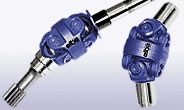 Shaft Couplings
Shaft Couplings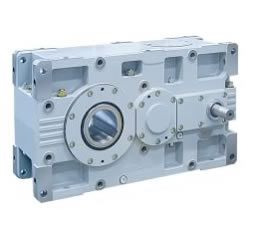 Speed Reducers
Speed Reducers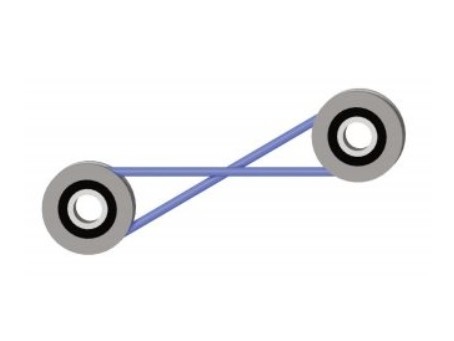 Timing Belting
Timing Belting Castings & Forgings
Castings & Forgings Bulk Material Handling
Bulk Material Handling Electrical & Electronic Components
Electrical & Electronic Components Flow Instrumentation
Flow Instrumentation Hardware
Hardware Material Handling Equipment
Material Handling Equipment Metal Cutting Services
Metal Cutting Services Metal Forming Services
Metal Forming Services Metal Suppliers
Metal Suppliers Motion Control Products
Motion Control Products Plant & Facility Equipment
Plant & Facility Equipment Plant & Facility Supplies
Plant & Facility Supplies Plastic Molding Processes
Plastic Molding Processes Pumps & Valves
Pumps & Valves Recycling Equipment
Recycling Equipment Rubber Products & Services
Rubber Products & Services